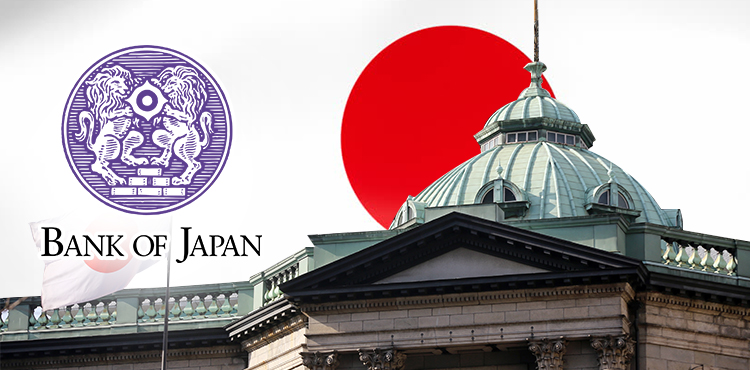BOJ Governor Kazuo Ueda emphasized the cautious approach the central bank will take with its inflation-targeting frameworks, acknowledging the unique challenges Japan faces after years of ultra-easy monetary policy, while also highlighting the progress made in moving away from zero and boosting inflation expectations.
To achieve sustainable and stable 2% inflation, Ueda stated that the BOJ will proceed cautiously, aligning with other central banks with similar frameworks. He noted that while Japan encounters challenges similar to its counterparts, some are uniquely difficult, such as accurately estimating the neutral interest rate due to near-zero short-term interest rates prevailing for the past three decades.
BOJ Deputy Governor Shinichi Uchida suggested that Japan is nearing the end of its battle against persistent deflation but acknowledged the significant challenge of anchoring inflation expectations to the 2% target.
Uchida highlighted structural changes in the labor market as a factor in resolving original causes of deflation, enabling a return to a conventional monetary policy framework aimed at price stability.
In March, the BOJ ended negative interest rates and other radical stimulus measures, signaling progress towards achieving its 2% inflation target. Governor Ueda reiterated the central bank’s intention to raise rates to levels neutral for the economy if growth and inflation align with projections.
Market expectations include a reduction in bond purchases, leading to a 12-year high in the 10-year Japanese government bond yield last week, with anticipations of an interest rate hike to at least 0.20% by year-end.





